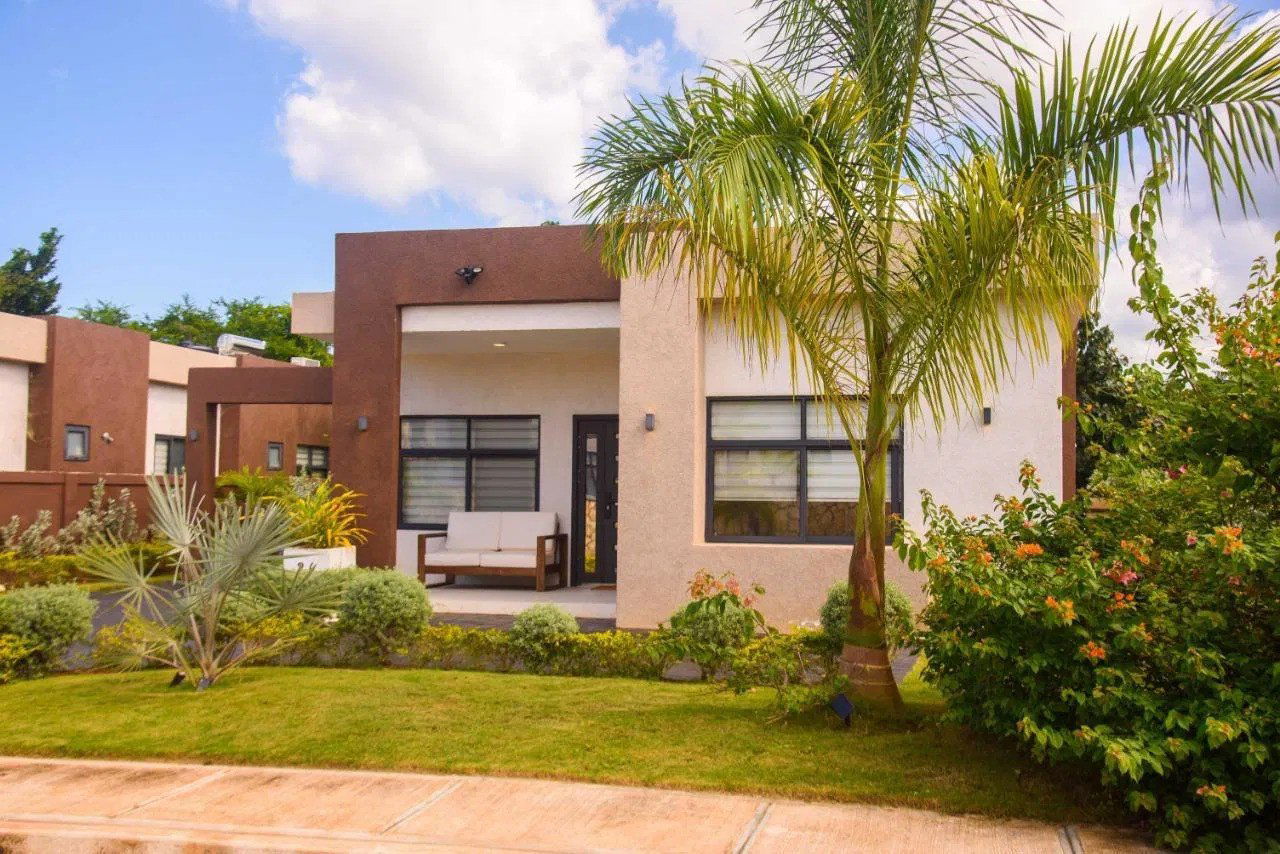As the world continues to advance technologically, the concept of smart homes—homes equipped with interconnected devices and automated systems—has become increasingly popular. In recent years, this trend has not only made waves in developed nations but is also taking root in the Caribbean, particularly in Jamaica. From futuristic home automation systems reminiscent of sci-fi movies to practical energy-saving and security-enhancing devices, smart home technology is gradually changing the face of real estate and homeownership in Jamaica. This article explores where Jamaica stands in terms of adopting smart home technology, the benefits and challenges of this adoption, and how it impacts the real estate industry as a whole.
Table of Contents
Understanding Smart Homes and Their Components
A smart home uses Internet of Things (IoT) devices to enable homeowners to control various systems and appliances remotely. From lighting and heating to security systems and home entertainment, these devices are interconnected and can communicate with each other via a centralized hub or app. Key components of a smart home include:
- Networked Appliances and Devices: These use IoT technology to connect everyday appliances like refrigerators, washing machines, and lights to the internet, allowing remote control and automation.
- High-Speed Local Area Network (LAN/WLAN): A reliable internet connection is essential to interconnect smart devices and provide seamless communication between them.
- Smart Hub: This acts as the brain of the home, executing control functions and automating responses based on pre-set rules or real-time interactions. Popular smart hubs include Amazon Echo, Google Home, and Apple HomeKit.
Current State of Smart Home Technology Adoption in Jamaica
This technology is still in its nascent stages in Jamaica, but there is a growing interest among homeowners and real estate developers. According to articles from various local sources, several key trends are driving the adoption of home technology in Jamaica:
- Increased Awareness and Accessibility: The popularity of smart devices like Amazon Echo and Google Home has driven awareness and interest in smart home solutions. These devices are now available in more general retail outlets, making them accessible to a broader audience.
- Entry of Local Providers: Companies like Digicel have launched services such as Digicel+ SmartHOME, a subscription-based smart home security solution that integrates various IoT devices. The service offers 24/7 monitoring, real-time intrusion alerts, and energy management features, demonstrating the growing market for smart home technology in Jamaica.
- Growing Tech-Savvy Population: As younger, tech-savvy generations enter the housing market, there is a natural inclination toward integrating technology into their homes. This demographic values convenience, connectivity, and control, which smart home technology offers.
Benefits of Smart Home Technology in Jamaica
- Enhanced Security and Safety: One of the most significant benefits of smart home technology is improved security. Smart locks, surveillance cameras, and motion sensors provide real-time alerts and remote monitoring, offering homeowners peace of mind.
- Energy Efficiency and Cost Savings: These systems can significantly reduce energy consumption by automating heating, cooling, and lighting based on occupancy and time of day. In a country like Jamaica, where energy costs are relatively high, this can result in substantial savings for homeowners.
- Convenience and Comfort: Some devices like voice-activated assistants, smart plugs, and automated lighting provide unparalleled convenience, and allow homeowners to control various aspects of their home environment with ease.
- Integration with Renewable Energy Solutions: Jamaica’s focus on renewable energy, particularly solar energy, aligns well with the adoption of this technology. Homes with integrated solar panels and smart energy management systems can optimize energy use, contributing to the country’s sustainability goals.
Challenges to Adoption
Despite the numerous benefits, there are also several challenges to the widespread adoption of smart home technology in Jamaica:
- Cost and Affordability: The initial investment required for these devices and infrastructure can be prohibitively high for many Jamaican households. Although prices have been falling globally, they are still relatively high compared to traditional home devices.
- Awareness and Education: While there is a growing interest in this technology, awareness of the full range of capabilities and benefits is still limited. Many potential adopters view the devices as luxury items rather than practical investments that can improve safety, efficiency, and convenience.
- Infrastructure Limitations: High-speed internet is a prerequisite for most of these home systems. However, not all areas in Jamaica have reliable internet access, which can hinder the adoption of these technologies.
- Concerns Over Privacy and Security: As with any internet-connected device, smart home systems are vulnerable to hacking and cyber threats. Concerns over privacy and data security remain significant barriers to adoption, particularly when it comes to more intrusive devices like smart cameras and voice-activated assistants.
Impact on the Real Estate Industry
The introduction and growing adoption of smart home technology have several implications for Jamaica’s real estate market:
- Value Addition to Properties: Homes equipped with smart technology are becoming more attractive to potential buyers, especially younger, tech-savvy individuals. These homes are seen as modern, safe, and energy-efficient, which can increase their market value.
- New Market Segments: Real estate developers are beginning to recognize the demand for smart homes and are starting to offer new developments with built-in smart home features. This trend is likely to grow as technology becomes more affordable and awareness increases.
- Rental Market Dynamics: In the rental market, properties with smart home features are likely to command higher rents and attract more tenants. Landlords can also benefit from smart security and energy management systems, reducing operational costs and minimizing risks.
- Integration with Sustainable Real Estate Development: These homes align with the global trend towards sustainable and green real estate development. Integrating renewable energy solutions like solar panels with smart home technology can create highly sustainable living environments, which are becoming more popular in Jamaica.
Wrapping up
The adoption of this home technology in Jamaica is still in its early stages but shows great growth potential. As awareness increases and costs decrease, more homeowners and real estate developers are likely to embrace this technology. While challenges such as affordability, infrastructure limitations, and privacy concerns need to be addressed, the benefits of enhanced security, energy efficiency, and convenience make the technology a valuable addition to the Jamaican real estate market. The impact on property values, rental dynamics, and sustainable development practices suggests that smart home technology could play a significant role in the future of Jamaican real estate.
By capitalizing on these trends, stakeholders in the real estate and technology sectors can work together to create a more connected, efficient, and sustainable housing market in Jamaica.
Frequently Asked Questions
What is smart home technology?
Smart home technology refers to interconnected devices and systems in a home that use the Internet of Things (IoT) to allow homeowners to control and automate various aspects like lighting, security, heating, and appliances remotely.
What are the benefits of smart home technology?
The benefits include enhanced security, energy efficiency, cost savings, and convenience. Smart homes can also integrate with renewable energy solutions, aligning with Jamaica’s sustainability goals.
What are the challenges of adopting smart home technology?
Challenges include the high initial costs, limited awareness, infrastructure constraints like reliable internet, and concerns over privacy and data security.
How does smart home technology impact the real estate market?
Smart home technology can increase property values, attract higher rents, and appeal to tech-savvy buyers and renters. It also aligns with sustainable real estate development, making properties more attractive in the modern market.



